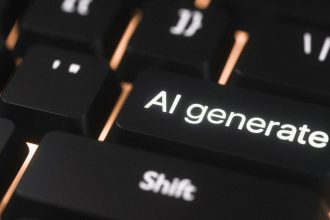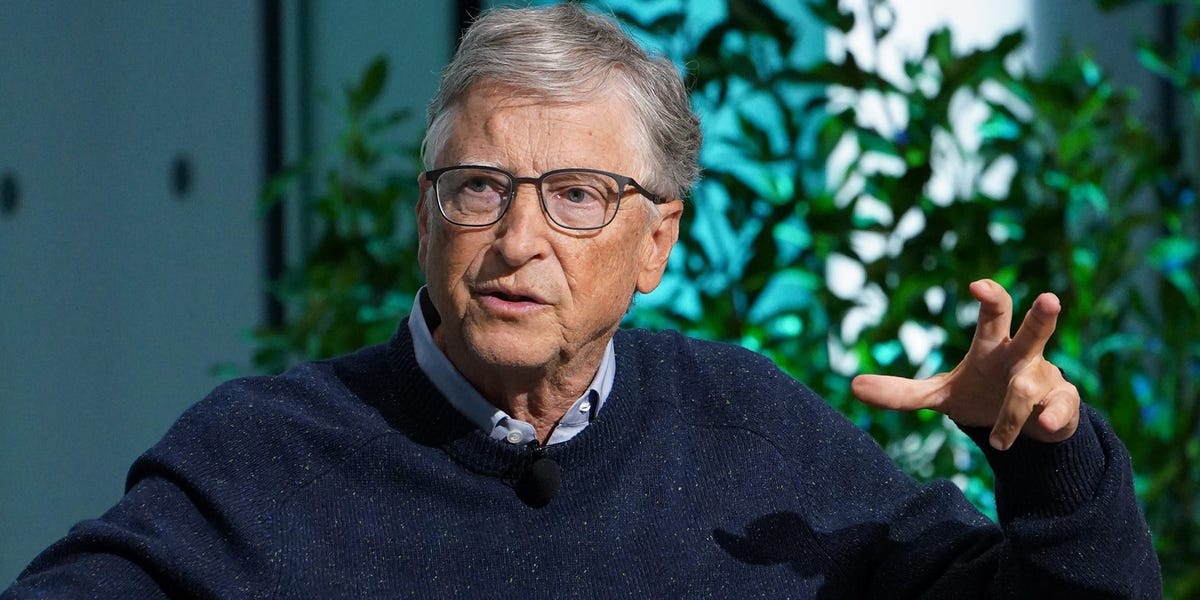- AI won’t take your job, but it will “change it forever,” Bill Gates says.
- Gates says that a 3-day work week is “probably OK.”
- The billionaire has previously acknowledged the risks of AI being misused.
Technology may not replace humans, but it could make a 3-day work week possible — at least, that’s what Bill Gates thinks.
The billionaire joined Trevor Noah on his “What Now?” podcast in an episode that premiered on Tuesday. When Noah asked about the threat of artificial intelligence to jobs, Gates said there could one day be a time when humans “don’t have to work so hard.”
“If you eventually get a society where you only have to work three days a week, that’s probably OK,” Gates said.
There could exist a world where “machines can make all the food and the stuff,” and people don’t have to work a five day-plus work week to earn a living wage.
While artificial intelligence could bring about some positive change, Gates has previously acknowledged the risks of AI if it’s misused. In July, he published a 3,000-word blog post about the potential impact of AI.
“I don’t think AI’s impact will be as dramatic as the Industrial Revolution, but it certainly will be as big as the introduction of the PC. Word processing applications didn’t do away with office work, but they changed it forever,” Gates said at the time. “Employers and employees had to adapt, and they did.”
And, Gates isn’t the only business titan to predict a shorter work week. JPMorgan CEO Jamie Dimon said that the next generation of workers will only have a 3.5-day work week due to AI.
“Your children will live to 100 and not have cancer because of technology and they’ll probably be working three and a half days a week,” Dimon told Bloomberg in October.
Gates once viewed sleep as lazy and told Noah that his life was all about Microsoft from the ages 18 to 40 years old. Now, he feels “the purpose of life is not just to do jobs.”
Companies in the US and abroad have been testing the effectiveness of a four-day work week. Some have given positive reports of improved work-life balance and efficiency.
Read the full article here





